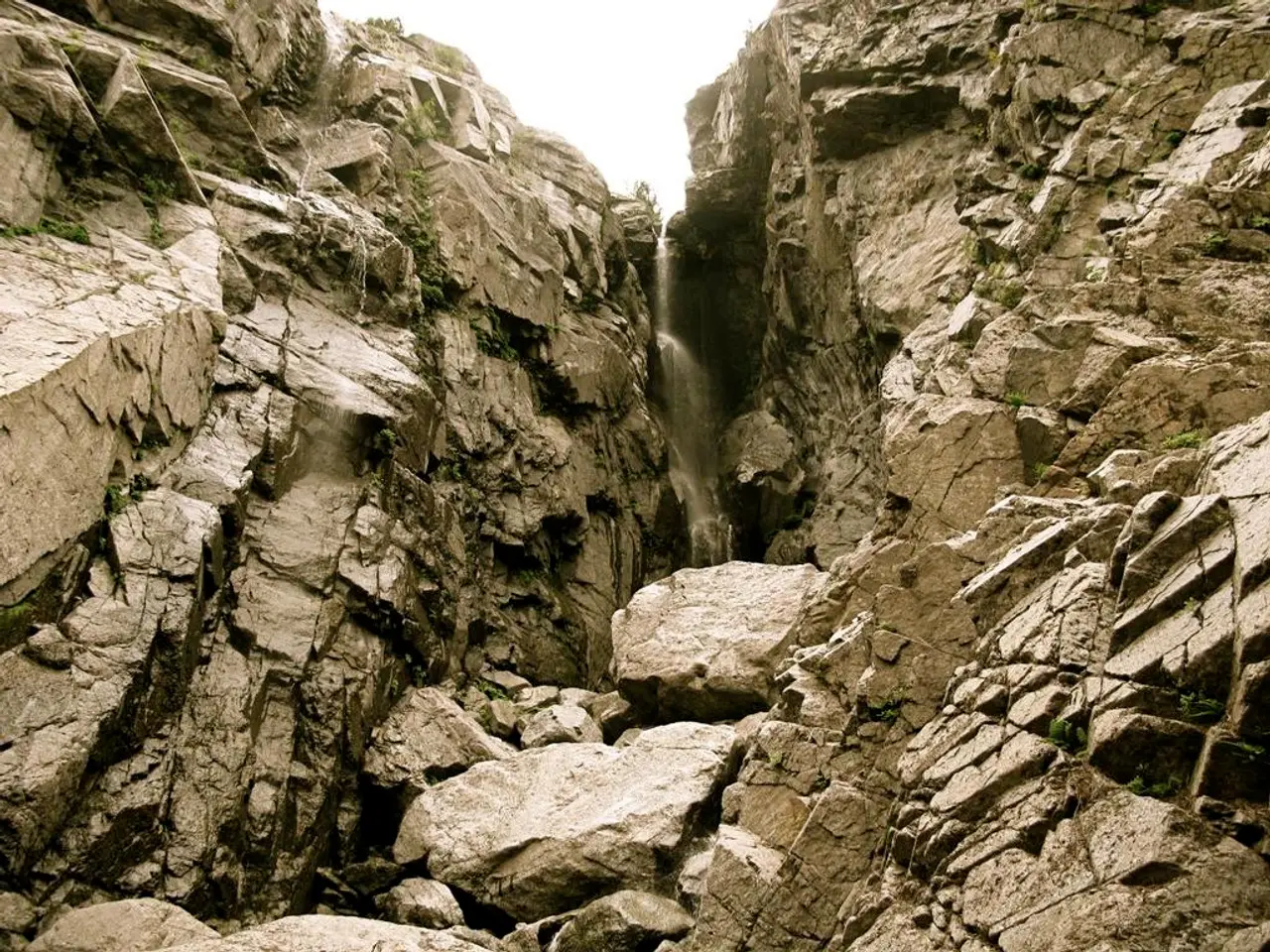Unfulfilled Commitments: Only 20% of 2022 humanitarian aid pledges for Pakistan received amidst persistent flooding
Pakistan is still grappling with the aftermath of the devastating floods that struck the country in 2022. The Post-Disaster Needs Assessment (PDNA) conducted after the disaster estimated losses at $14.9 billion and recovery needs at $16.3 billion.
The floods displaced millions and caused massive damage, leaving a trail of destruction across the nation. Images show inundated villages, destroyed crops, and displaced families, serving as a reminder of the cost of inaction.
The PDNA and the 4RF (Resilient Recovery, Rehabilitation, and Reconstruction Framework) are key components of Pakistan's ambitious recovery and reconstruction agenda. The PDNA assessed economic damages and losses across 17 sectors and consolidated them into four Strategic Recovery Objectives (SROs) within the 4RF.
However, three years after the disaster, Pakistan's recovery and reconstruction agenda faces significant setbacks. According to recent reports, actual financial progress stands at less than 20% of the target.
Donor financing is heavily skewed, with multilateral institutions accounting for 90% of total pledges. For instance, the World Bank has initiated projects totaling $2.1 billion, and the Asian Development Bank (ADB) has operationalised nearly a third of its pledged amount.
However, other pledges have not materialised as expected. By August 2024, Germany, France, and Italy had only disbursed a small portion of the aid they pledged within the Paris Club for Pakistan's reconstruction. The Islamic Development Bank has allocated only $600 million to flood-related activities, while the AIIB has offered limited budgetary support with minimal direct flood relevance.
Moreover, SRO-2, which covers agriculture and livelihoods, has attracted less than $200 million, a mere 4.5% of its need. The Saudi Fund for Development's $1 billion is tied to oil financing, not flood recovery.
The situation is further complicated by the fact that Pakistan is currently facing another wave of flash floods in Khyber Pakhtunkhwa, Gilgit-Baltistan, and Punjab. The World Bank estimates that Pakistan requires $348 billion for the next seven years to address climate and development challenges.
Despite these challenges, the international community pledged $10.9 billion at the Geneva Conference in January 2023. However, only about 20% has been mobilised since. The pledges made at the conference are crucial for Pakistan's recovery and reconstruction, and it is hoped that more progress will be made in the coming months.
Read also:
- Nightly sweat episodes linked to GERD: Crucial insights explained
- Antitussives: List of Examples, Functions, Adverse Reactions, and Additional Details
- Asthma Diagnosis: Exploring FeNO Tests and Related Treatments
- Unfortunate Financial Disarray for a Family from California After an Expensive Emergency Room Visit with Their Burned Infant




